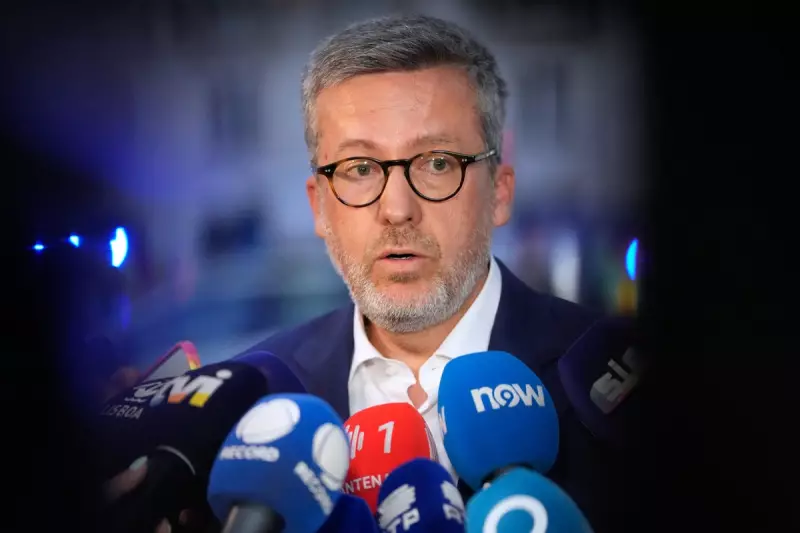
In a stunning political reversal that has reshaped Portugal's landscape, the centre-right Democratic Alliance has emerged victorious from Sunday's snap election, marking a decisive end to eight years of Socialist governance.
The coalition, led by the charismatic Luís Montenegro, secured 29.5% of the vote and 79 seats in the 230-seat parliament. While falling short of an absolute majority, this represents a significant shift in Portuguese politics following corruption scandals that rocked the outgoing Socialist administration.
A Nation Demanding Change
The election was called after Prime Minister António Costa resigned in November amid an influence-peddling investigation that saw his chief of staff arrested. Portuguese voters delivered their verdict clearly, with the Socialists dropping to 28.7% of the vote and 77 seats – a sharp decline from their previous majority.
'The Portuguese have spoken,' declared a triumphant Montenegro to cheering supporters in Lisbon. 'They've decided to turn the page on a cycle of governance that has exhausted its possibilities.'
Political Fragmentation Creates Challenges
The election results reveal a deeply fragmented political landscape that will test Montenegro's leadership skills. The far-right Chega party emerged as a potent force, quadrupling its parliamentary presence to 48 seats and becoming a potential kingmaker.
Montenegro has repeatedly ruled out any coalition with Chega, stating: 'I will not be the leader of a government that depends on Chega's votes.' This stance sets the stage for complex negotiations in the coming weeks.
Economic Pressures Loom Large
The new government faces immediate economic challenges, including:
- A stagnating economy and low productivity
- Rising living costs affecting Portuguese families
- A crisis in the national health service
- Corruption concerns that have eroded public trust
Political analyst António Costa Pinto noted: 'The next government will have a very weak majority and will have to negotiate every law with either the Socialists or the far-right. This creates enormous instability.'
European Implications
Portugal's political shift aligns with a broader rightward trend across Europe, following similar changes in Spain and the Netherlands. As Montenegro prepares to form a government, all eyes will be on how Portugal navigates this new political era and its implications for European unity.
The coming weeks will prove crucial as political leaders attempt to build consensus in a divided parliament, with Portugal's economic future and democratic stability hanging in the balance.





